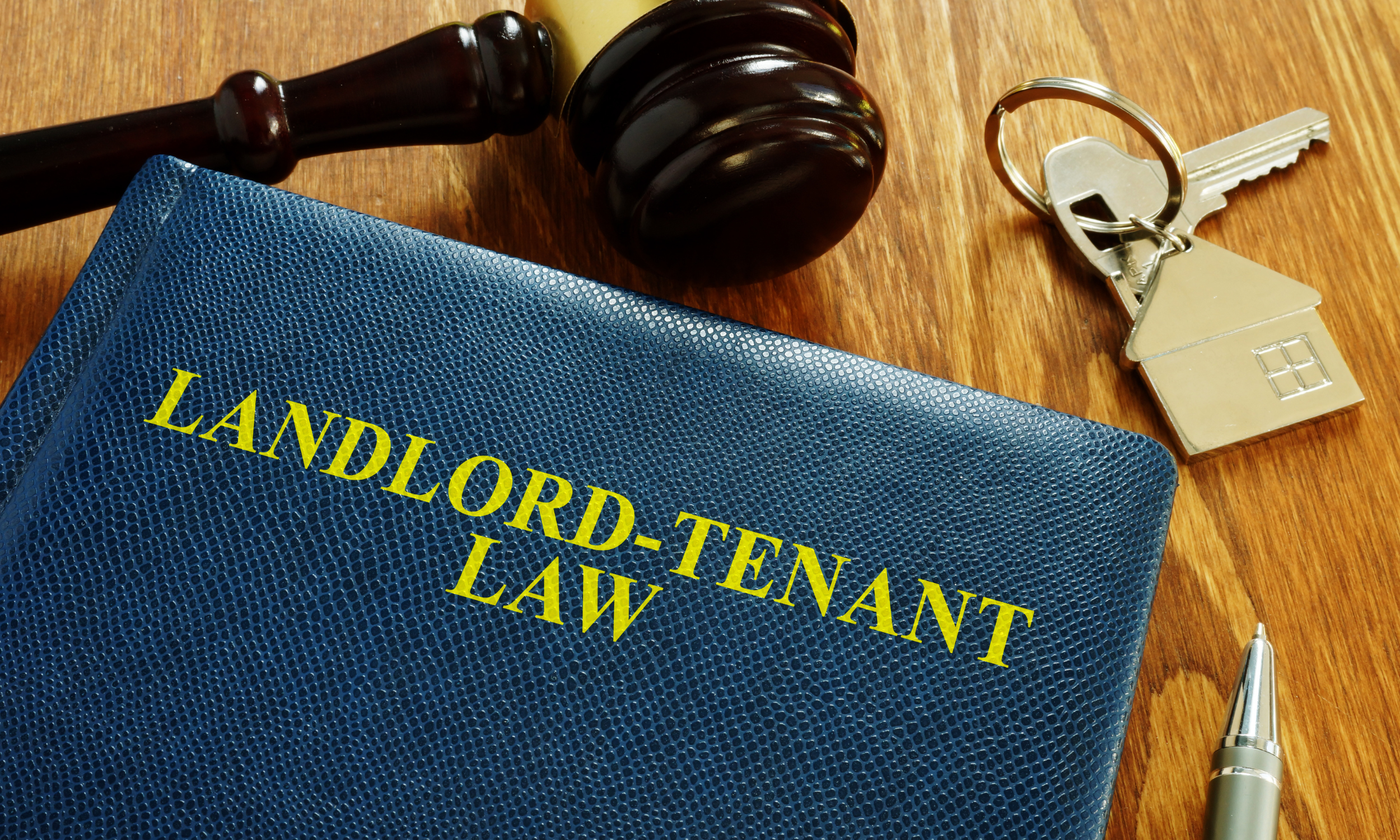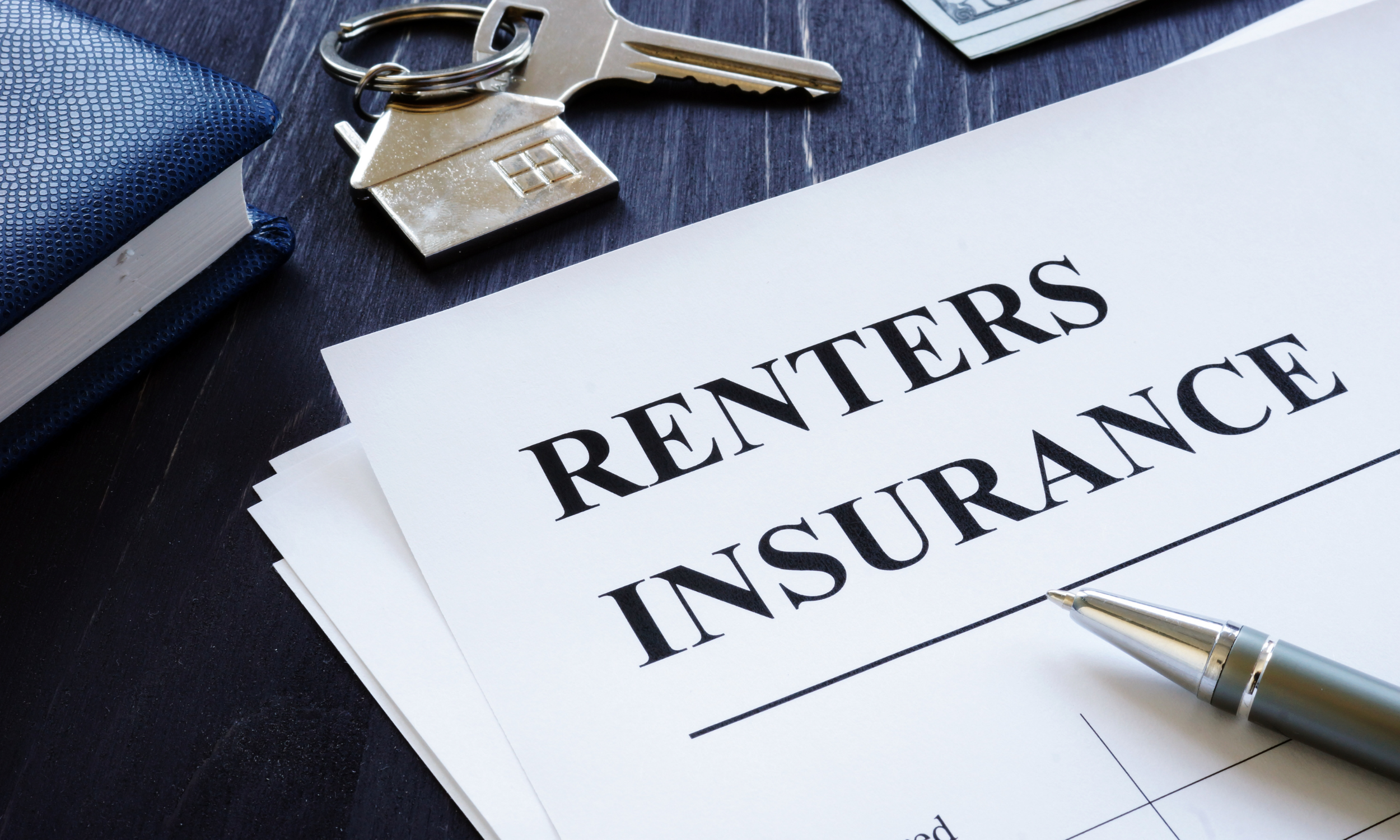Thinking of renting out your house? While it can offer a steady income stream, it’s crucial to understand the responsibilities and challenges involved. To ensure a smooth process, here are some pieces of advice to consider when deciding to lease your property.
Understanding Legalities

Understanding local rental laws is paramount to avoid unnecessary legal issues. Each state or city has specific regulations regarding lease contracts, tenant rights, maximum rent, deposits, and violation penalties. Adhering to these laws can help avoid unnecessary legal issues.
Tenant Selection

Finding reliable tenants is crucial for a smooth and successful rental experience. After all, responsible tenants who pay rent on time and maintain your property can bring valuable peace of mind. To land such tenants, implement a thorough and consistent screening process that covers the following key steps:
- Start with a comprehensive rental application: Request detailed information like personal history, income, employment, and past rental history with references. This paints a clear picture of their background and suitability.
- Verify the claims: Don’t just take their word for it. Proactively contact previous landlords, employers, and references to confirm the information provided and identify any inconsistencies or red flags.
- Dig deeper with background checks: Address any potential legal issues and ensure a clean record by conducting background checks. Additionally, requesting identification and health certificates verifies their credibility.
- Evaluate financial responsibility: Assess their ability to pay rent consistently by running a credit report. A high credit score typically indicates responsible financial behavior.
- Meet face-to-face: Schedule interviews to evaluate their personality, communication, and overall impression. Pay attention to their demeanor and professionalism to gain valuable insights.
- Address lingering doubts: If unsure, require additional security measures like an increased deposit or a guarantor. Remember, a thorough process upfront can save you headaches and potential losses down the road.
Remember**:** Consistency is key. Apply these steps to all potential tenants without exceptions, and clearly communicate your expectations regarding rent payments, property maintenance, and behavior. By implementing a rigorous screening process and documenting everything in writing, you’ll be well-equipped to secure responsible tenants and foster a positive rental experience for both parties.
Hiring Property Management

Hiring a professional property management company is a wise choice for busy landlords who don’t have much time to manage their rental properties themselves.
Property management companies take care of tasks such as:
- Finding and screening tenants
- Drafting lease agreements
- Collecting rent
- Dealing with tenant issues
- Maintaining and repairing the property
The biggest advantage of hiring a property management company is that it saves time and effort for landlords. Instead of doing everything themselves, landlords can simply oversee the process periodically. Additionally, with their experience and expertise, property management companies can handle the work more professionally and efficiently.
However, the cost of hiring a property management company can be quite high. Additionally, some less professional companies may not fulfill their responsibilities adequately. Therefore, landlords need to do their research and choose a reputable company to work with. Some criteria for choosing a good property management company include:
- Experience in the industry
- A team of professional staff
- A large database of tenants
- Reasonable service fees
- A commitment to information security
Hiring a reputable property management company can definitely save time, and effort, and improve the efficiency of renting out real estate. However, landlords also need to take the time to research and carefully evaluate before making a decision.
Don’t Overlook Insurance

Tenant insurance is a crucial issue that many landlords often overlook. Without proper insurance, landlords face significant financial risks in the event of an incident.
First, landlords need to understand the difference between homeowner’s insurance and rental property insurance. Standard homeowner’s insurance only provides coverage when the owner lives in the property. In contrast, rental property insurance specifically protects the landlord when renting out the property.
Common risks covered by rental property insurance include:
- Damage caused by fire, flood, or earthquake
- Loss of income when the property is not rented out
- Damage caused by deliberate acts of the tenant
- Legal expenses associated with evicting a tenant
Landlords should also encourage tenants to purchase their own insurance for their personal belongings and contents in the property. This will help to reduce risks and conflicts between the two parties.
When choosing insurance, landlords should pay attention to:
- The coverage limits
- The exclusion clauses
- The deductible
Insurance packages may include liability insurance, property insurance, and tenant insurance.
Rental property insurance provides comprehensive financial protection, giving landlords peace of mind when renting out their property. The cost of insurance is small compared to the potential risks that may arise. Therefore, don’t neglect this important coverage just to save money.
Renting out a property is not just about creating passive income; it also requires careful preparation and management. Understanding the law, selecting tenants, hiring a management company, and purchasing appropriate insurance are important steps to protect assets and generate stable profits throughout the rental process. Diligence and patience will lead to better and more stable results for both landlords and tenants.




